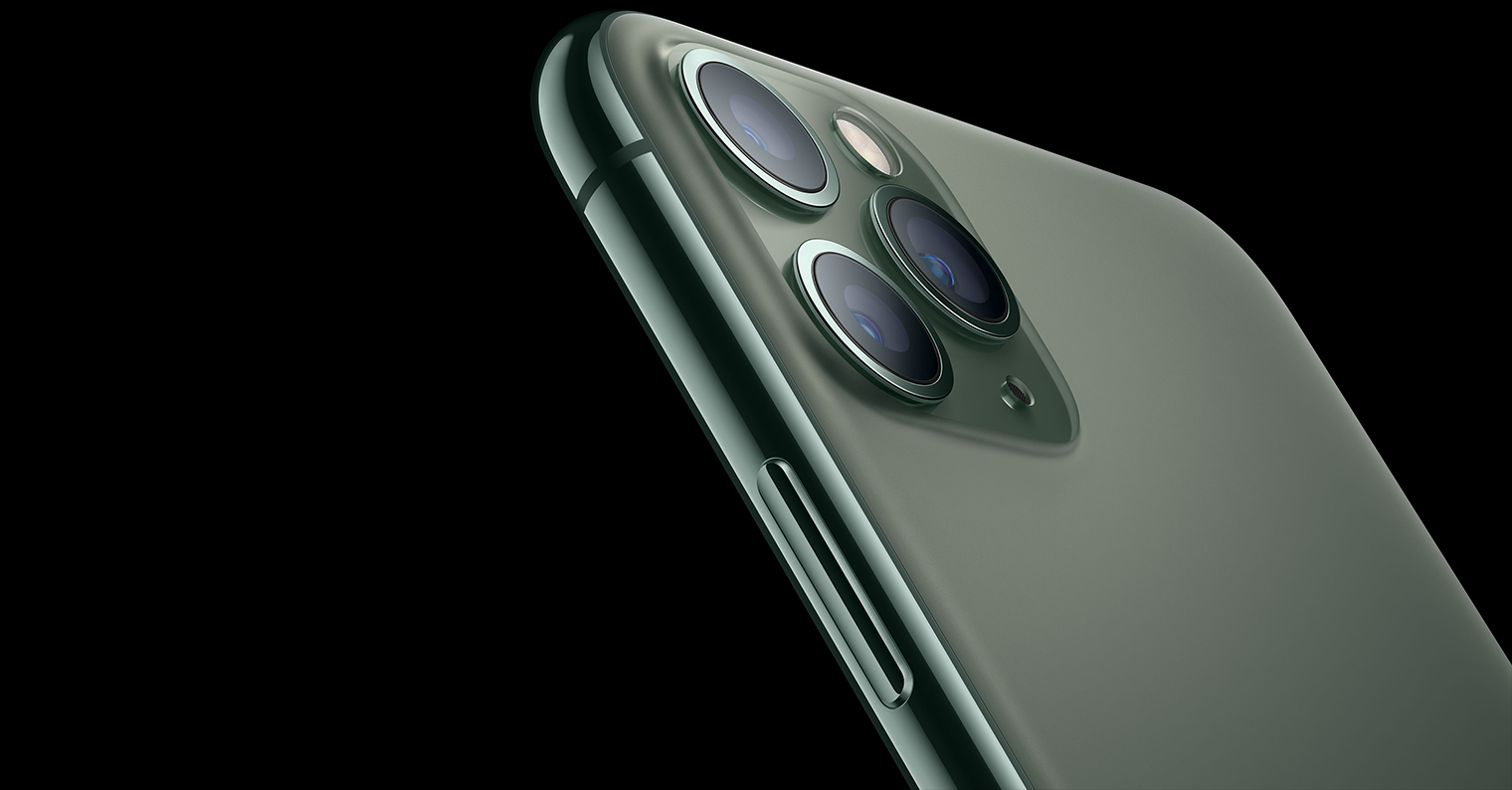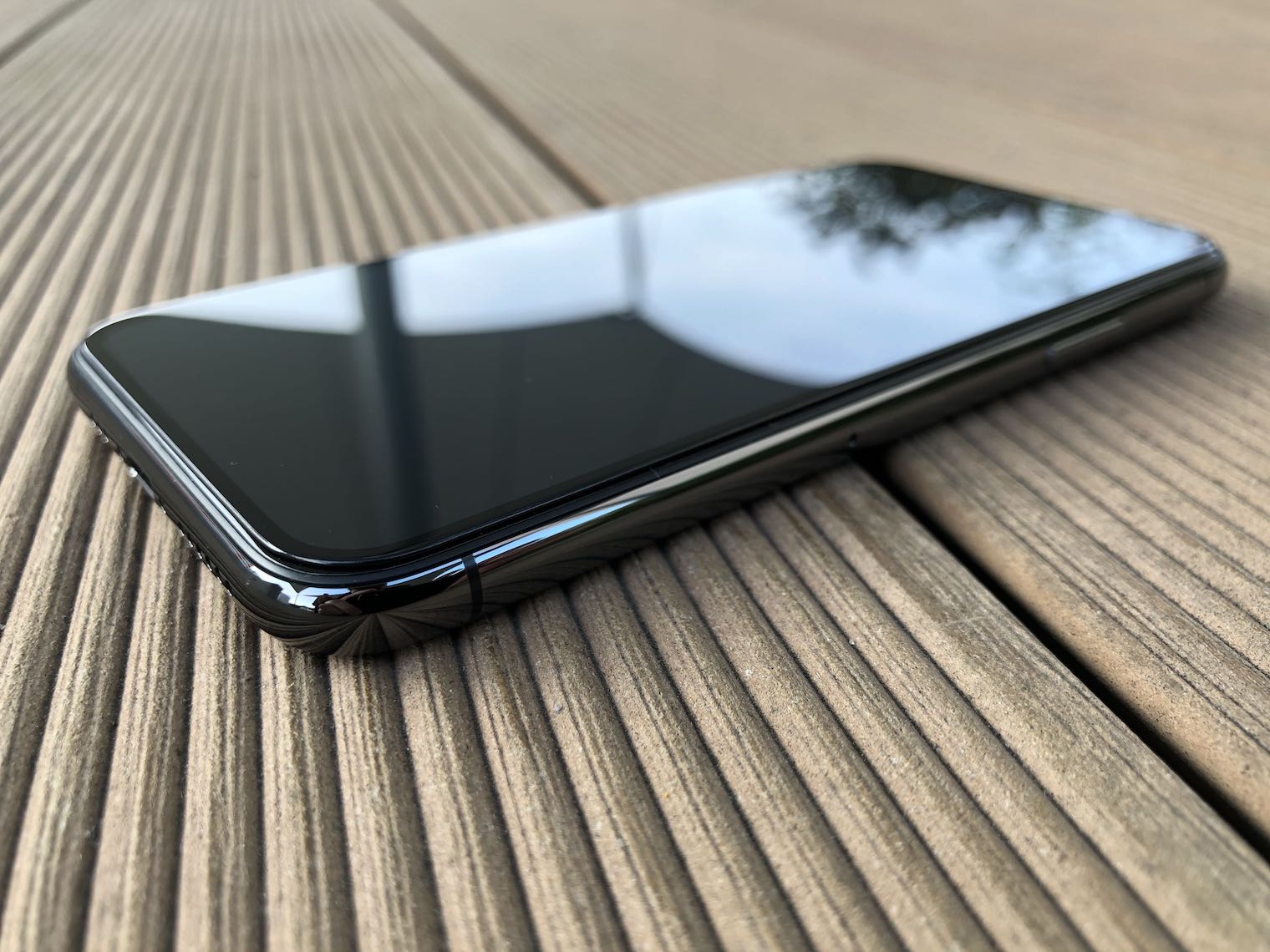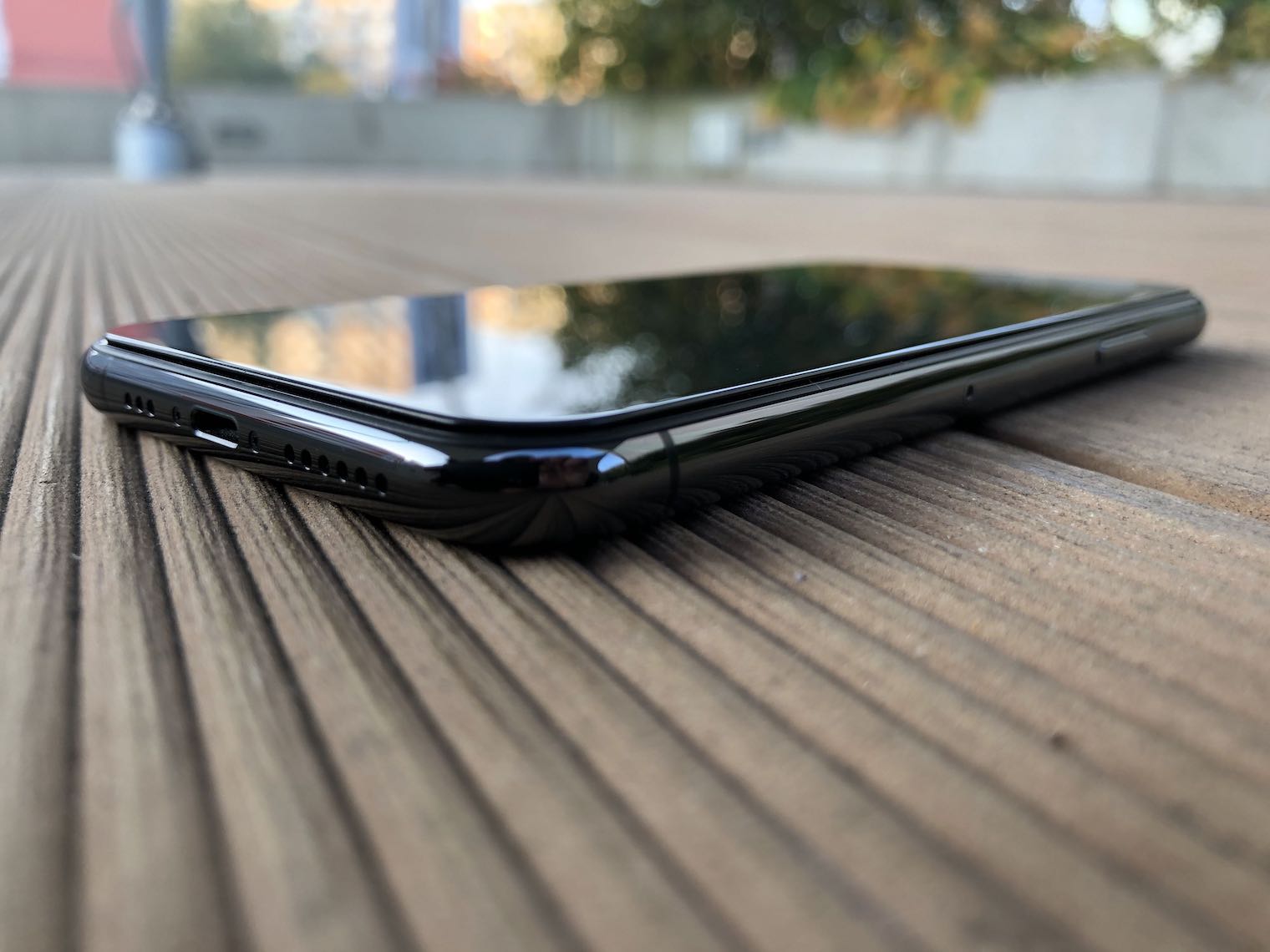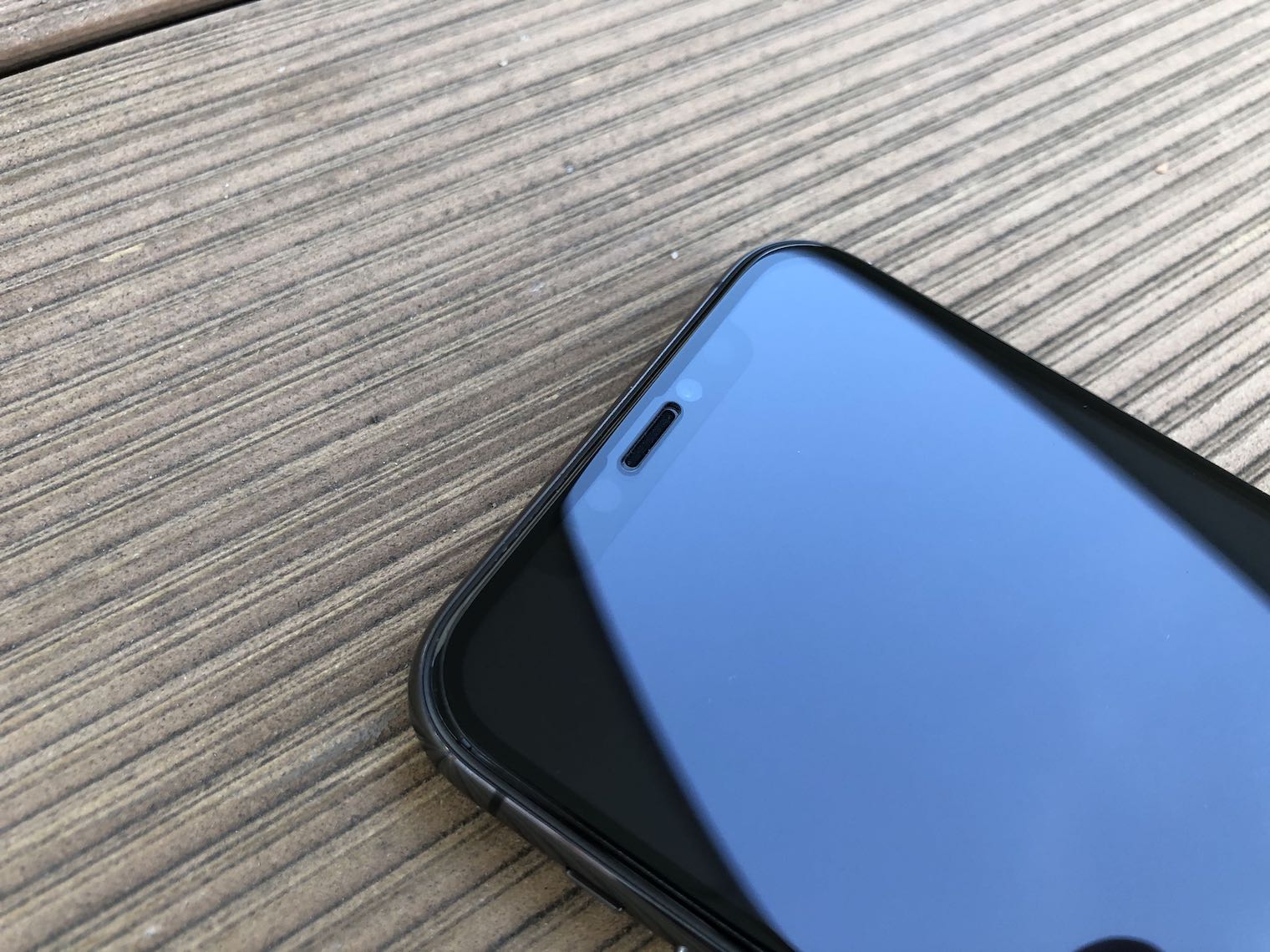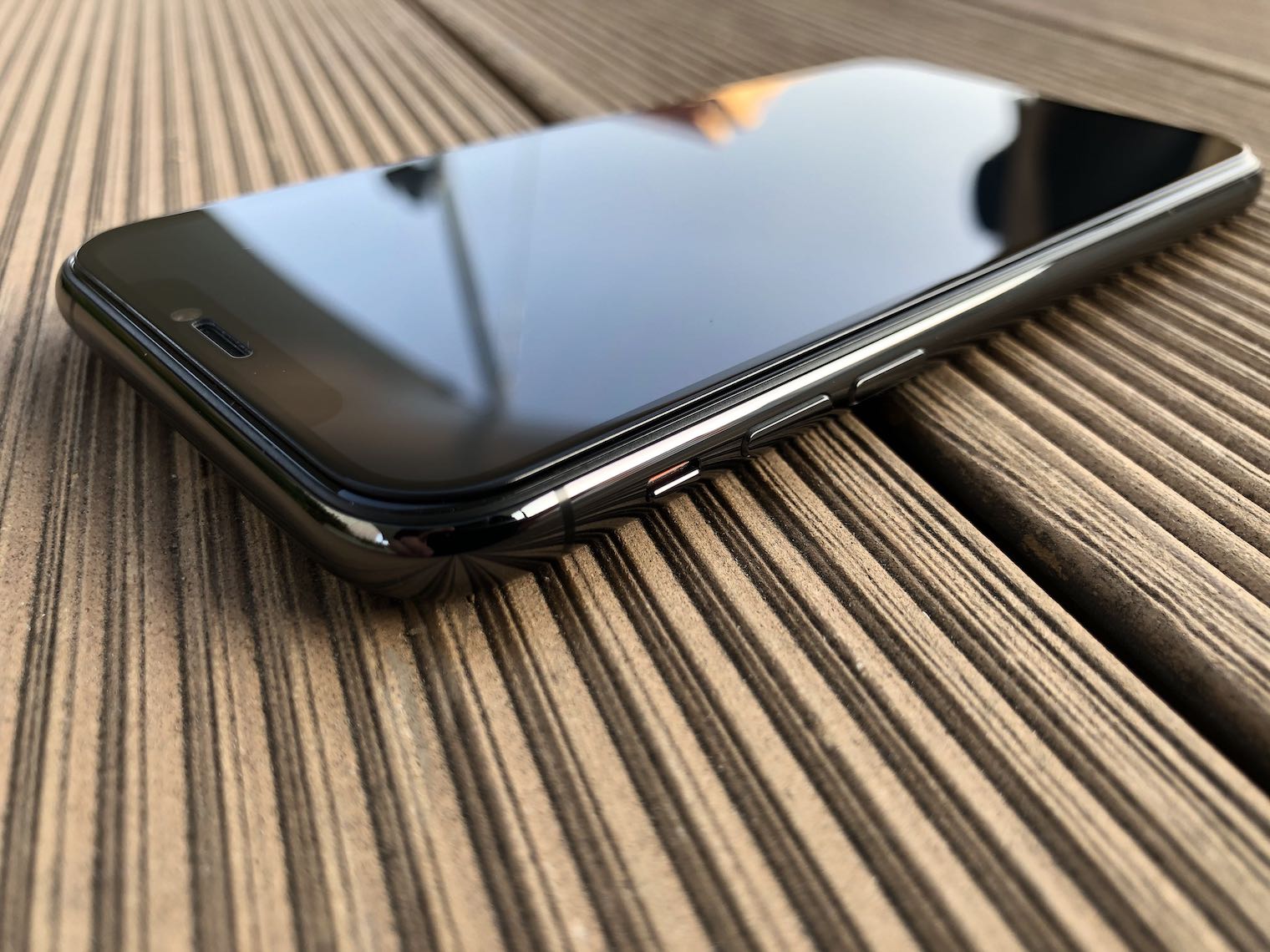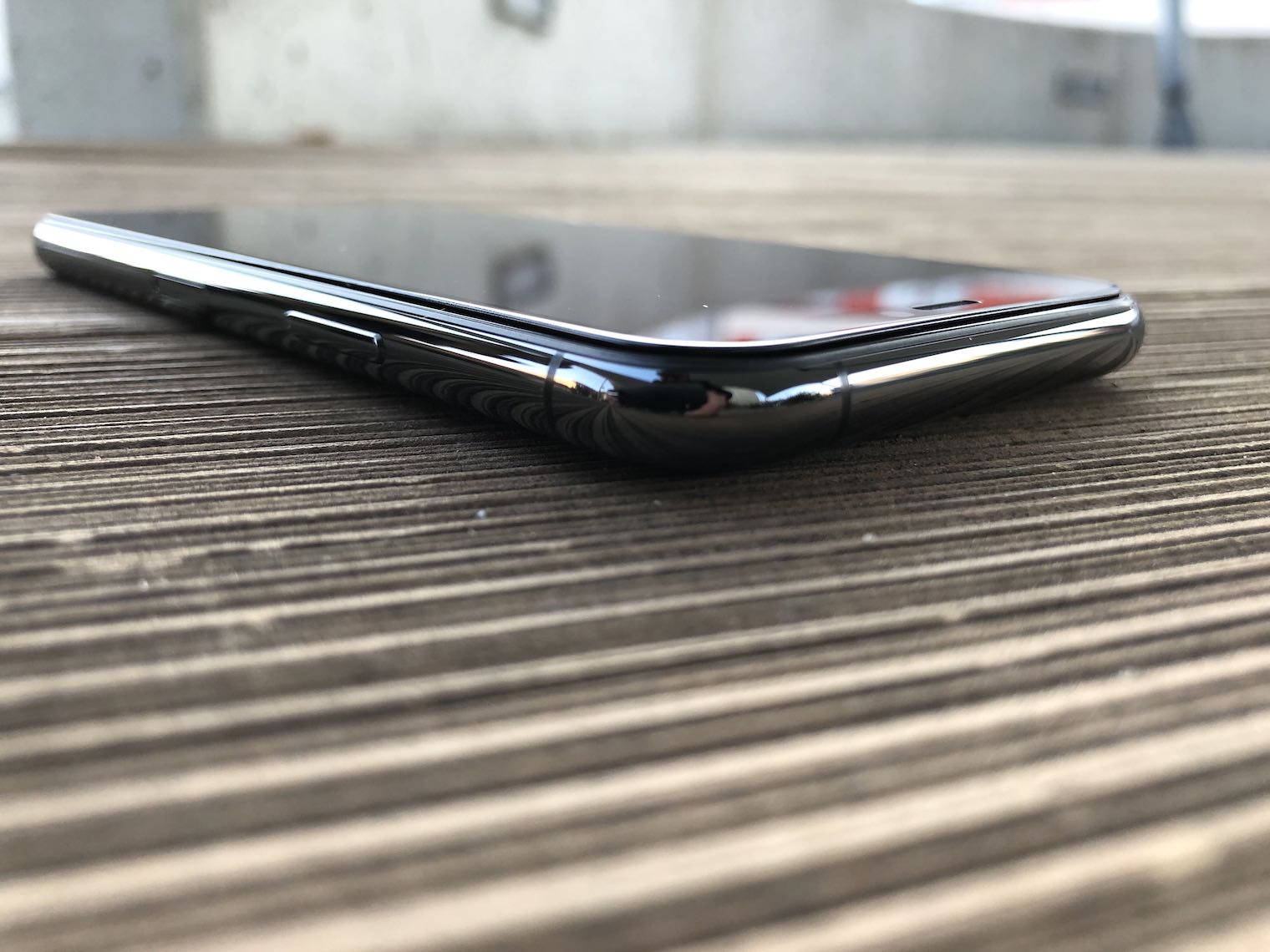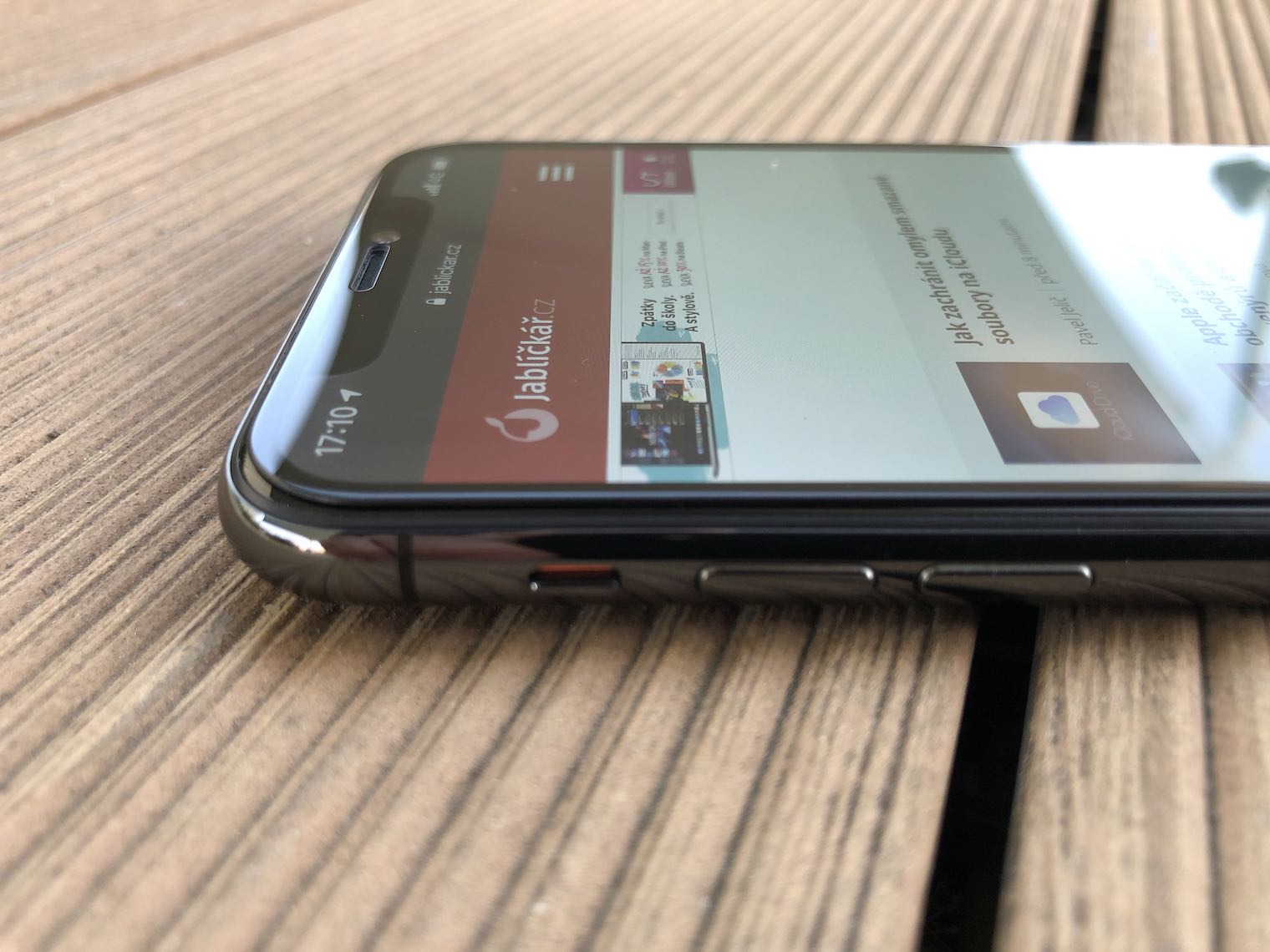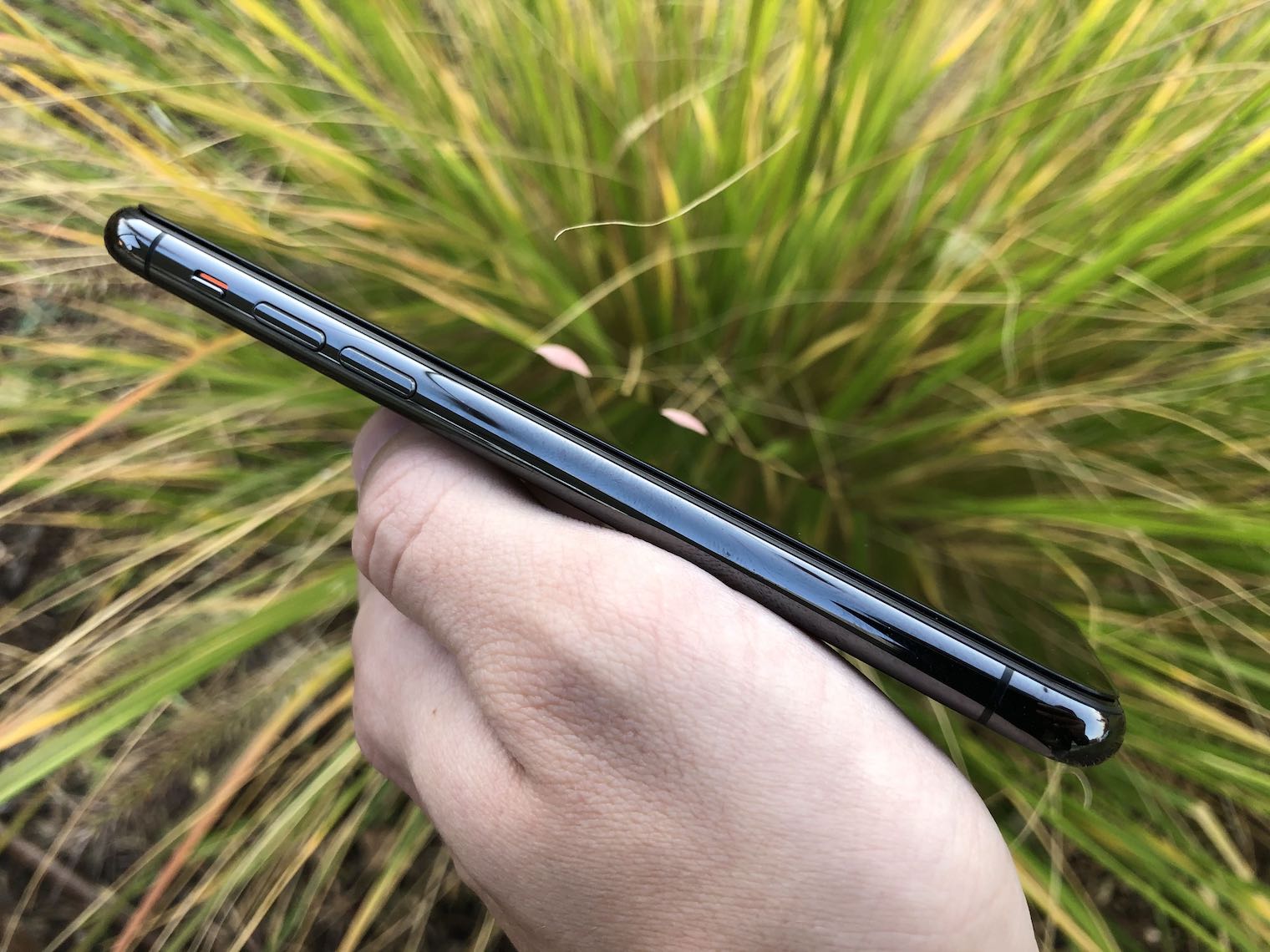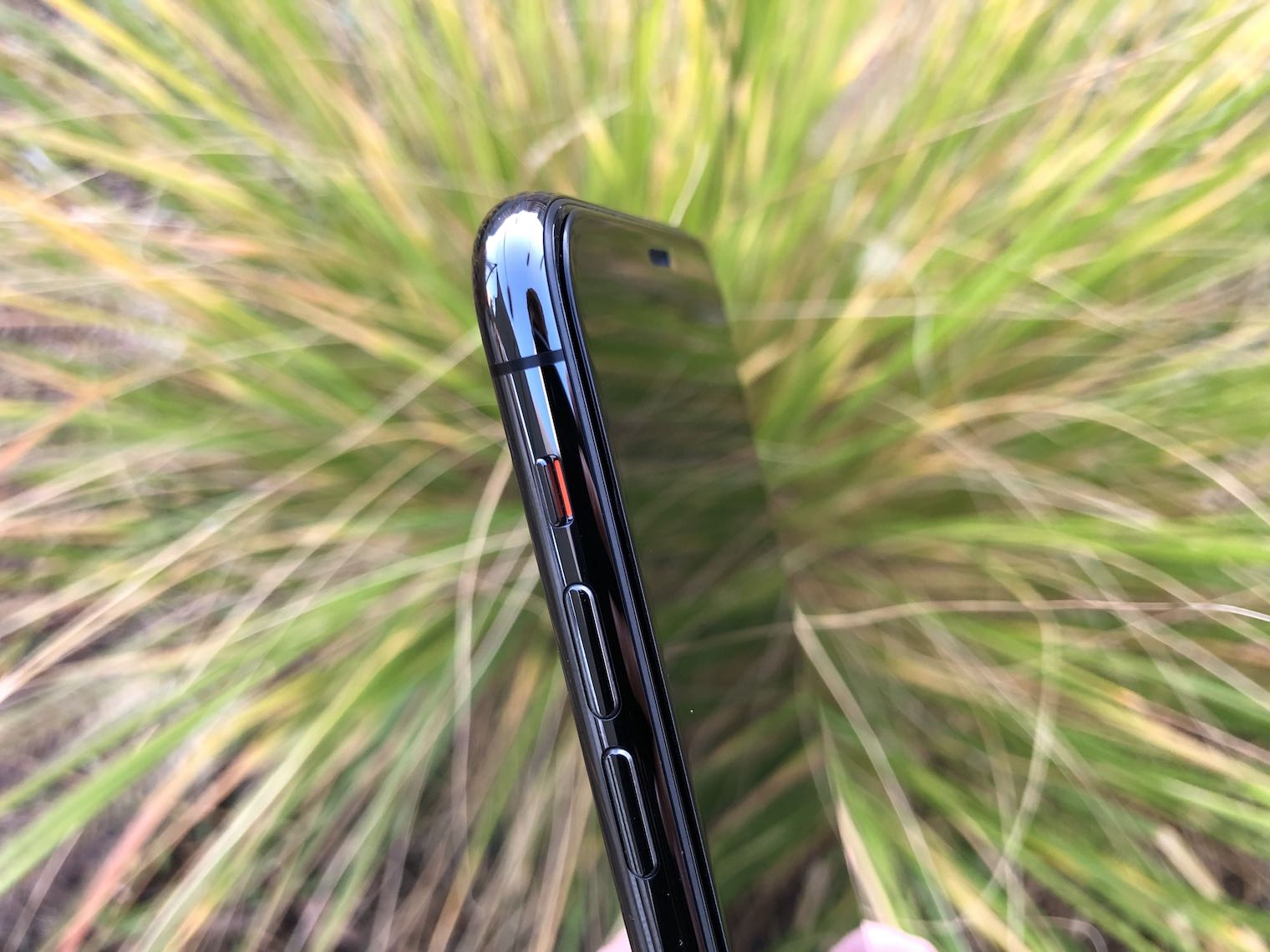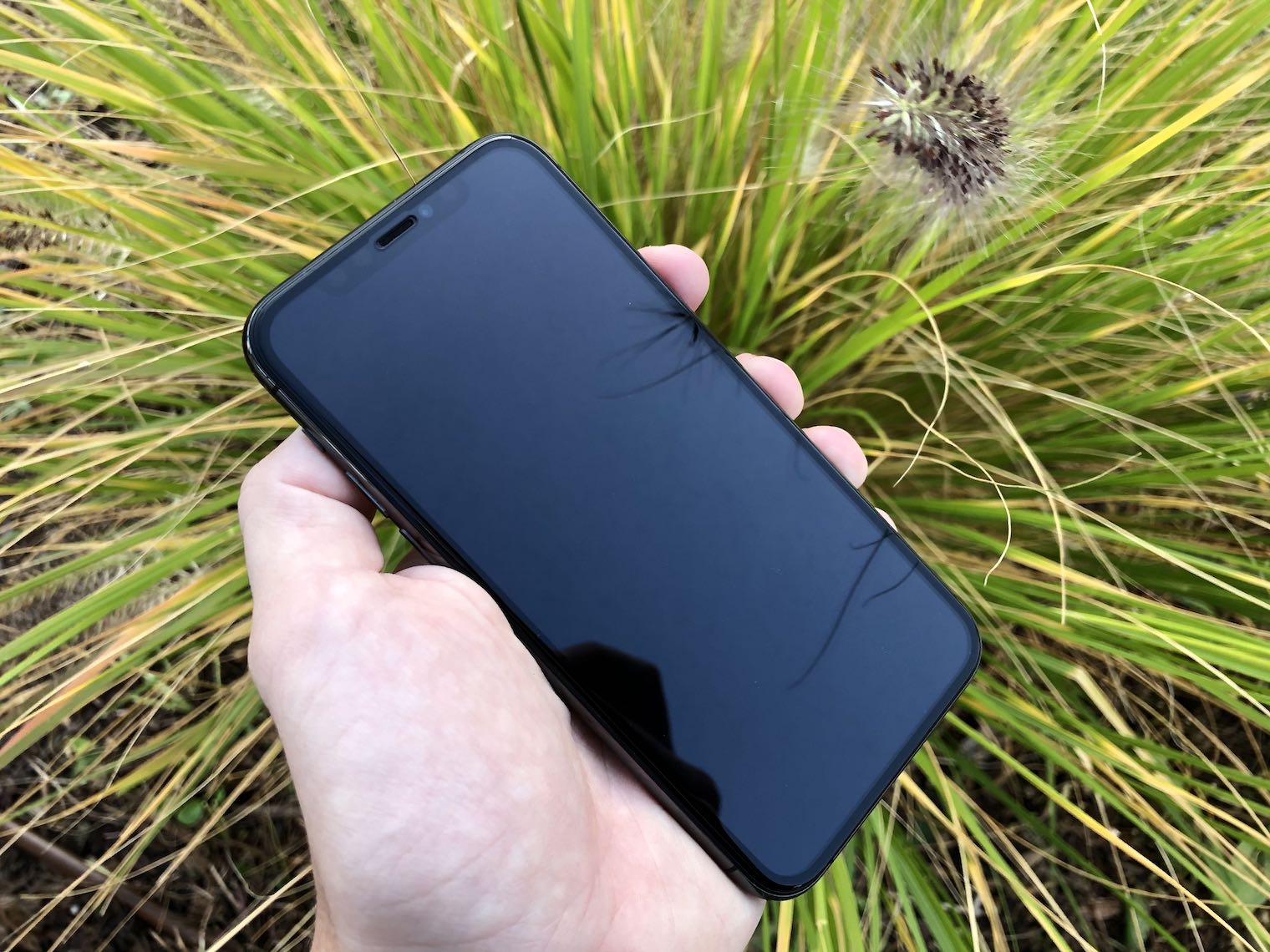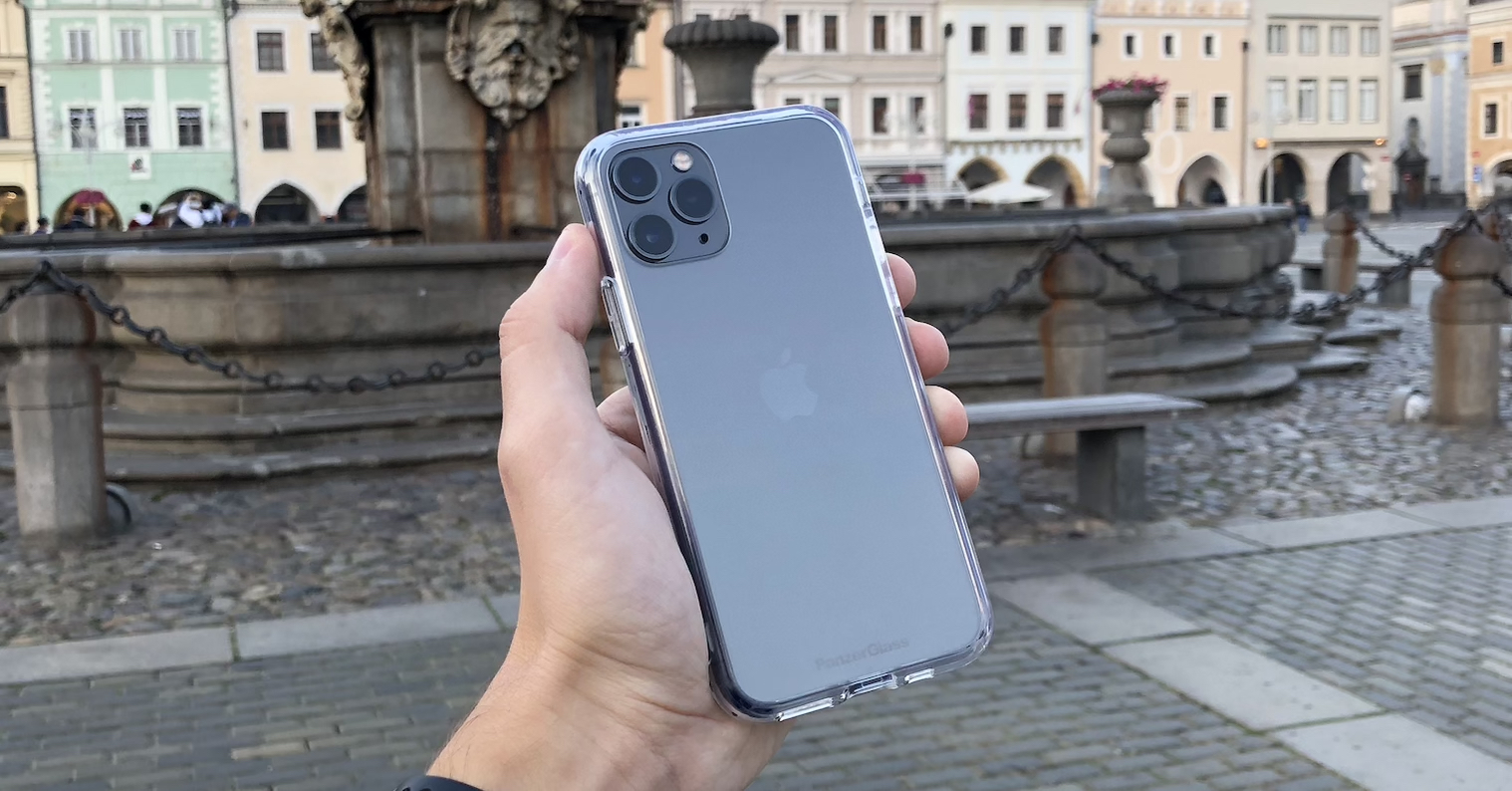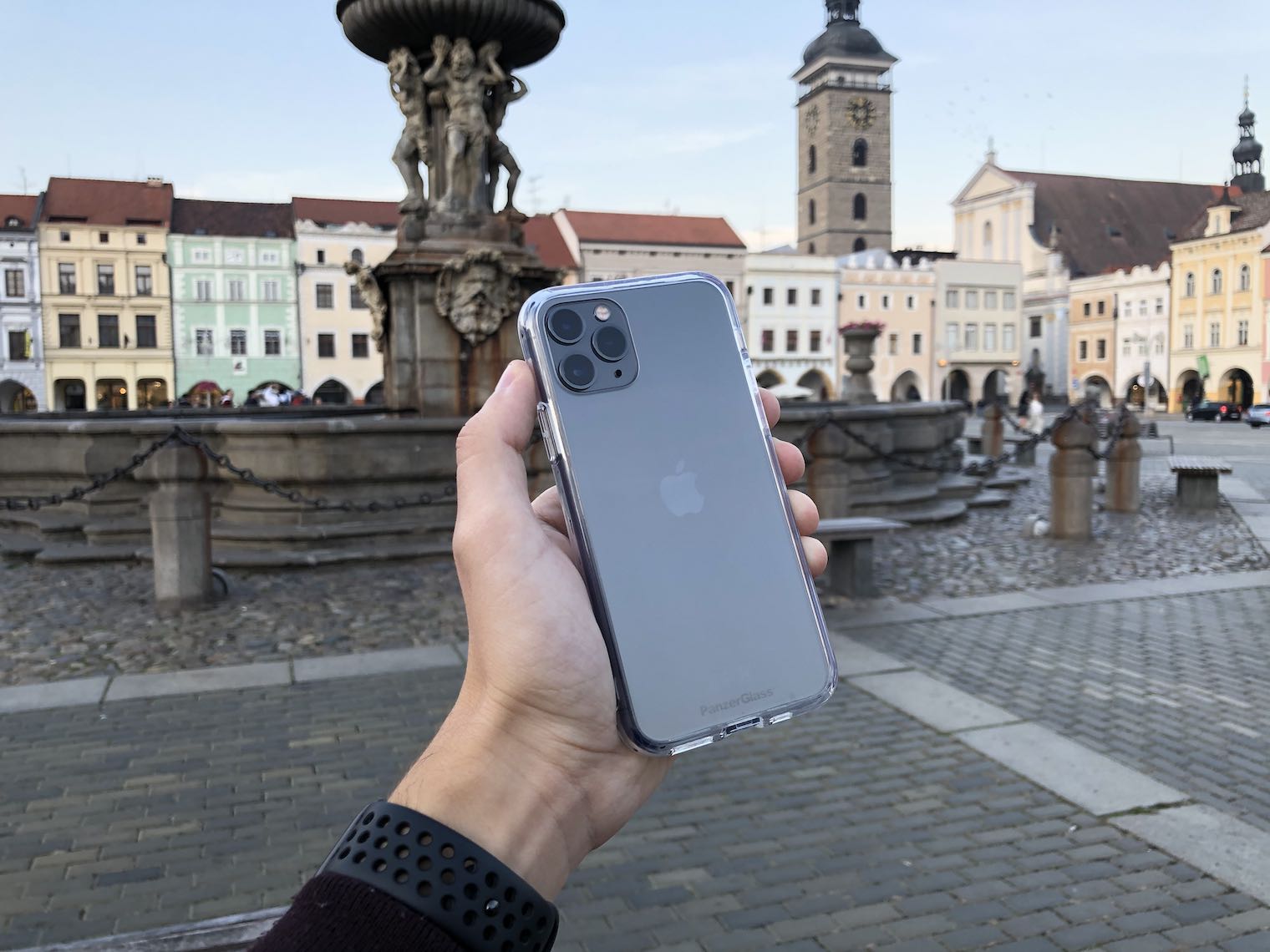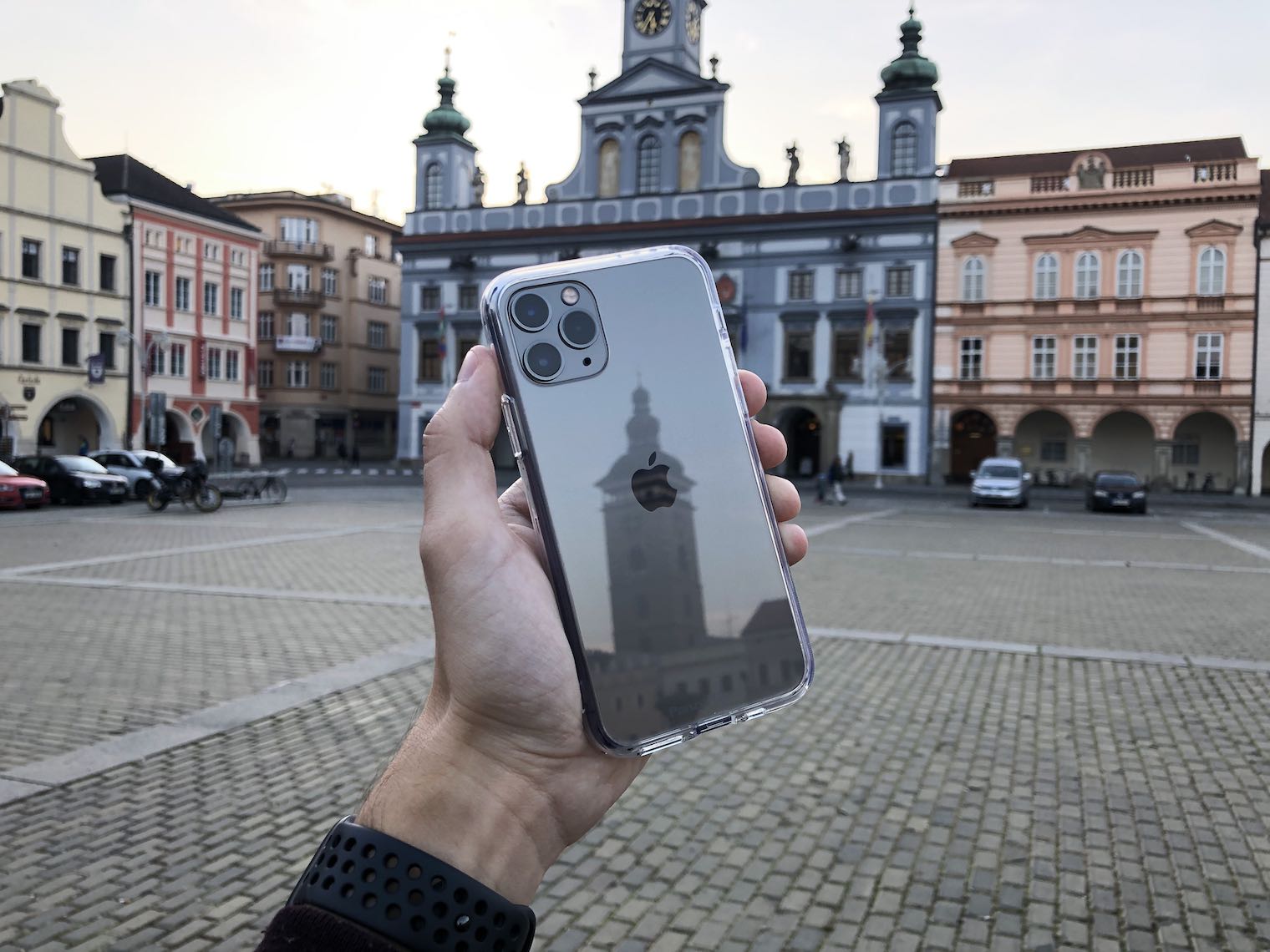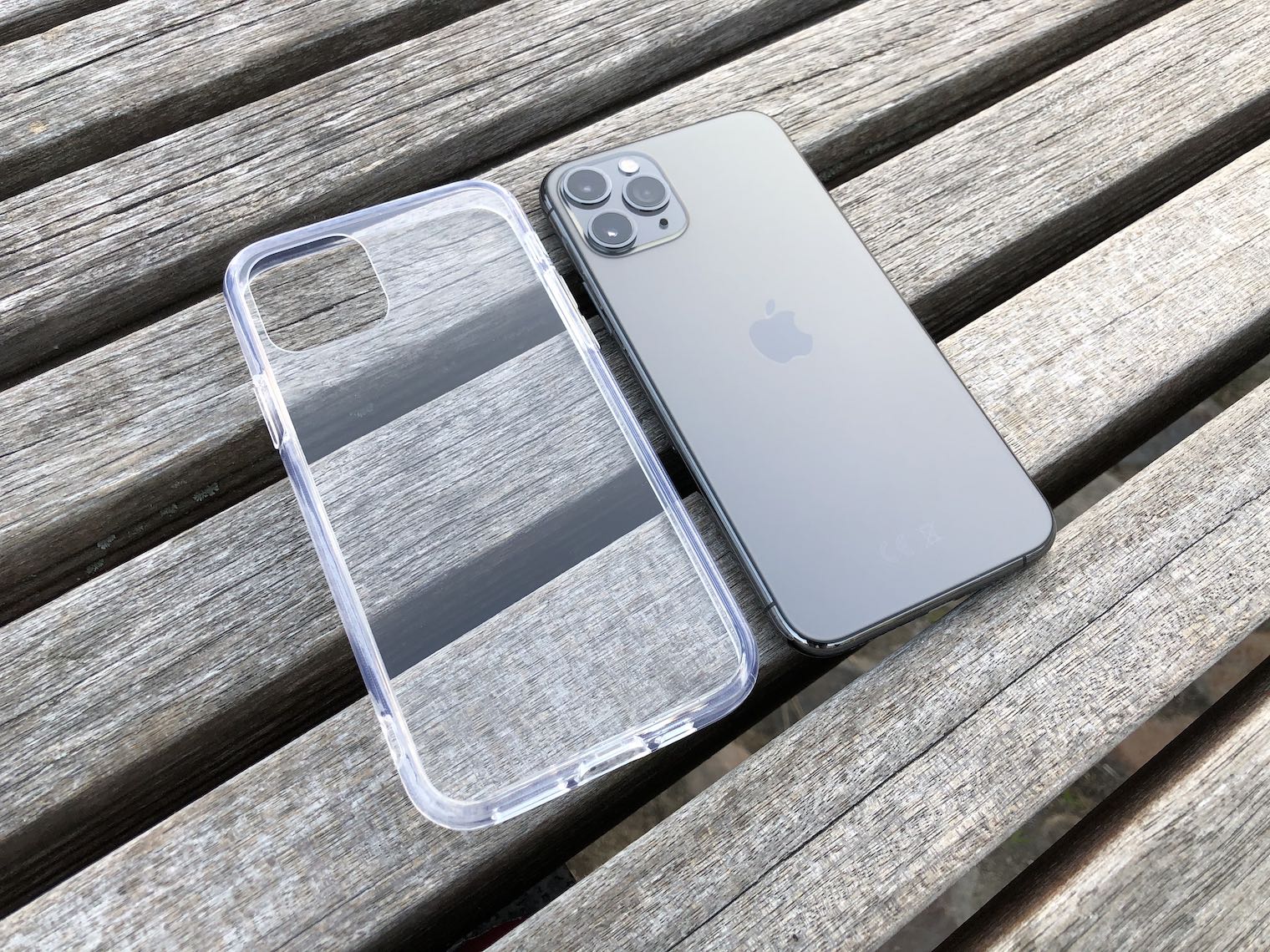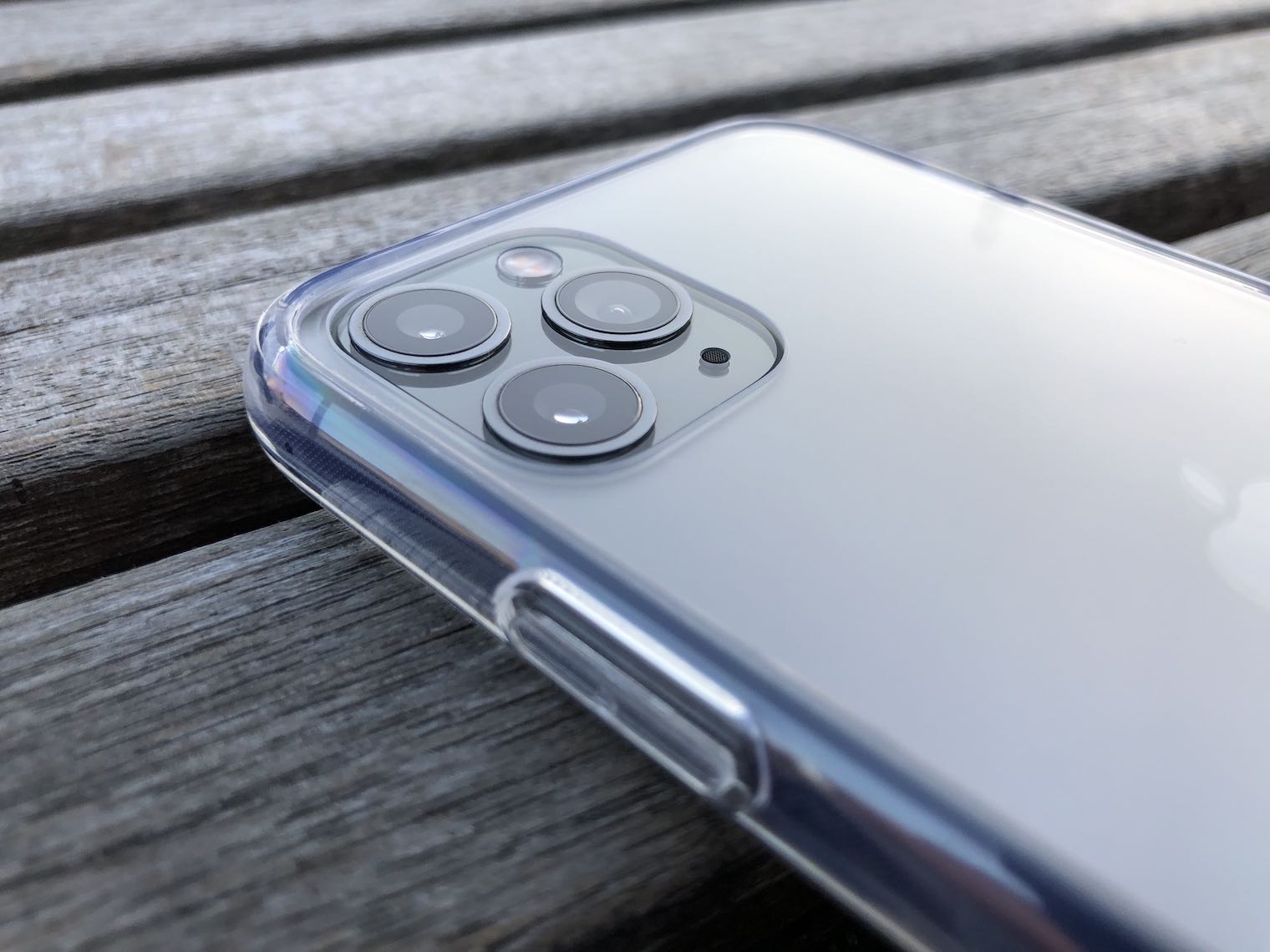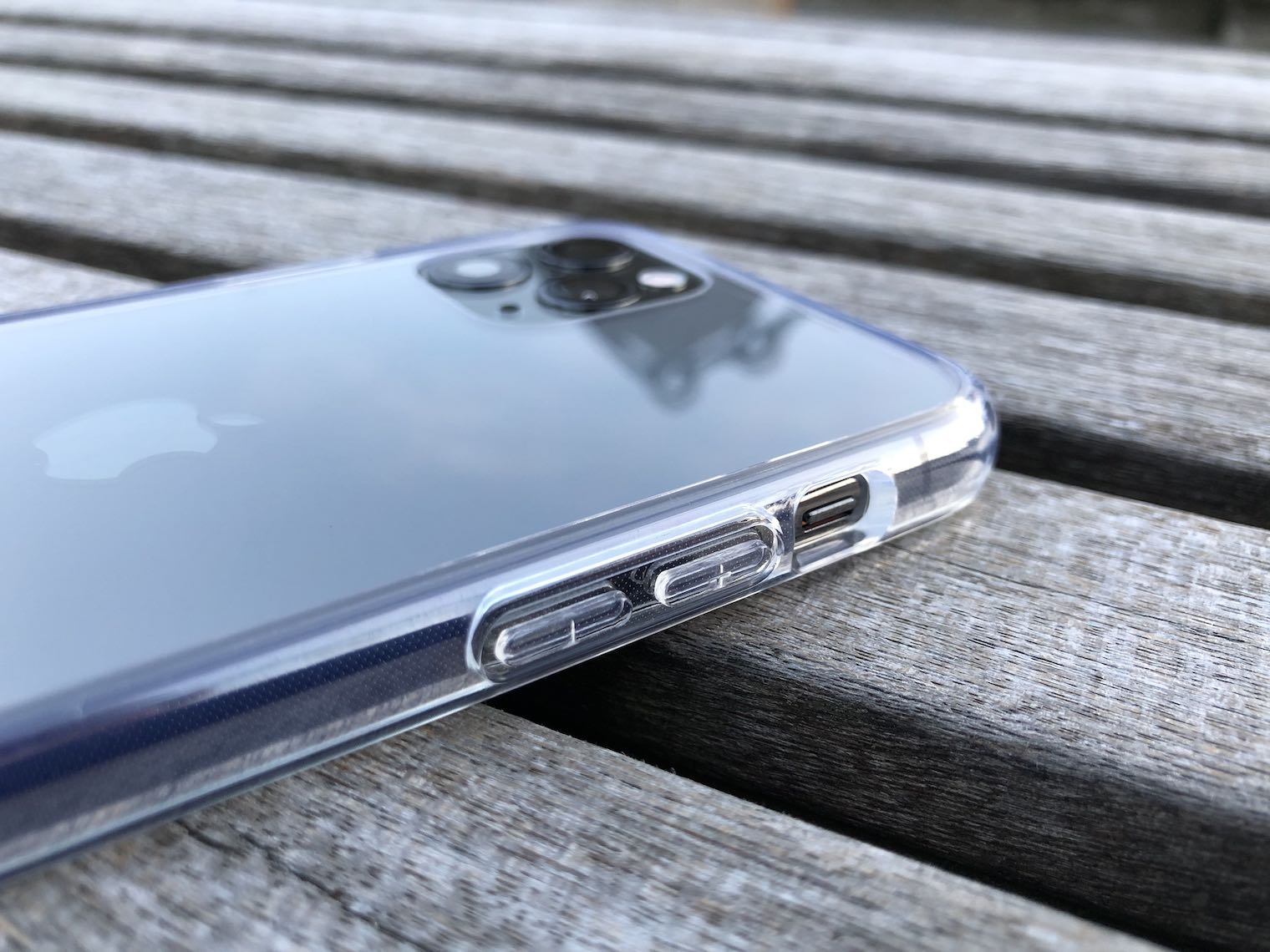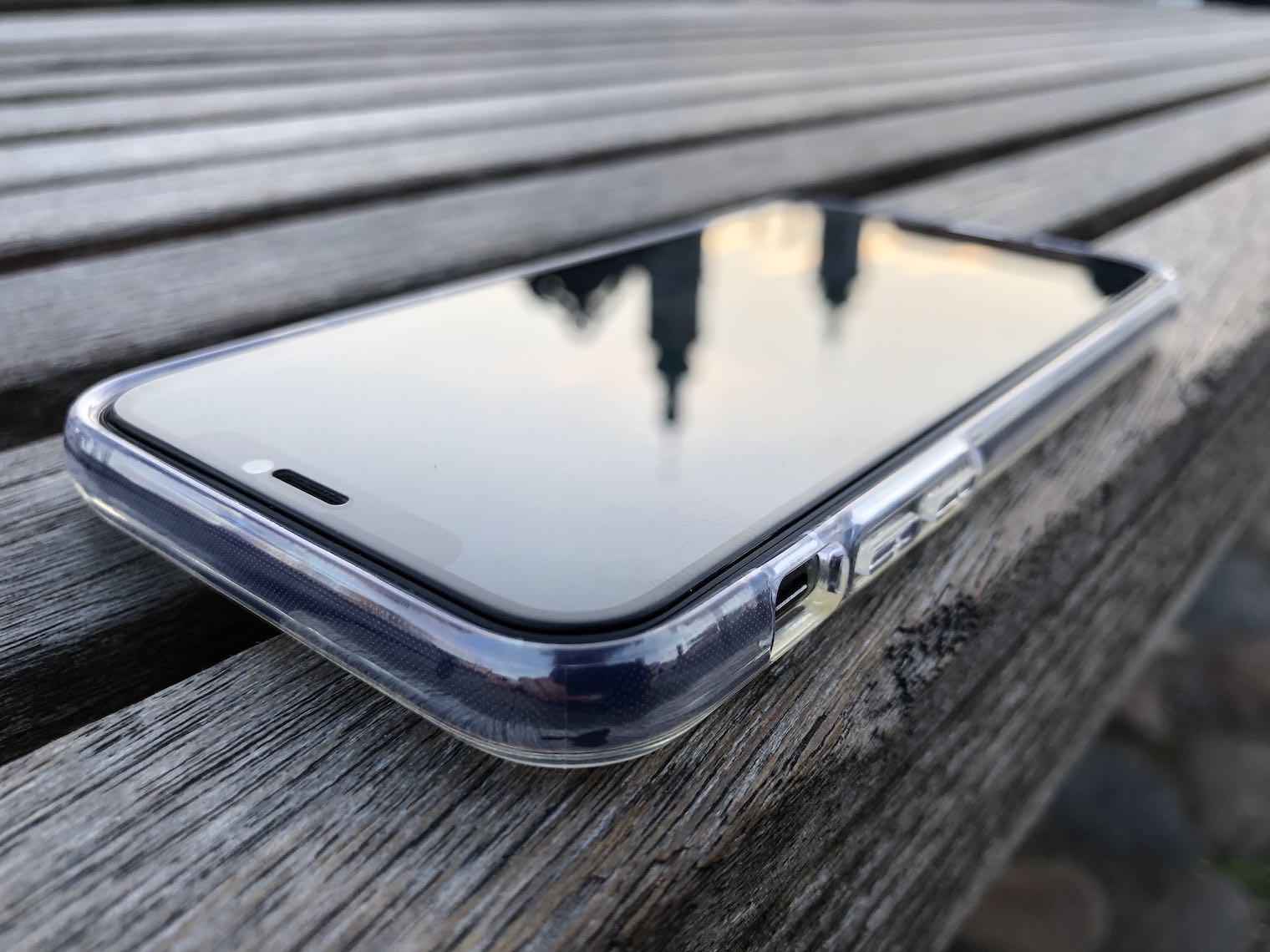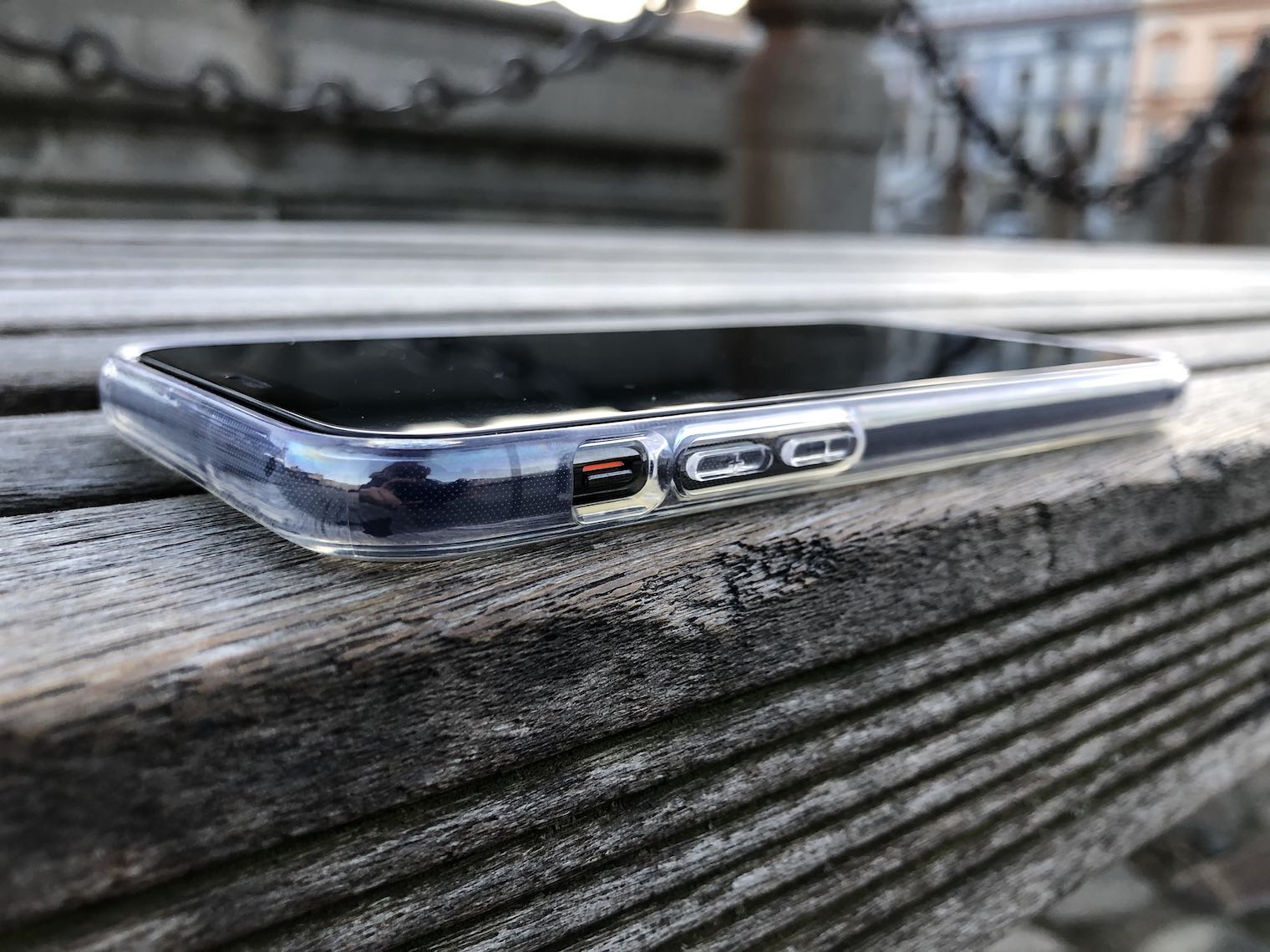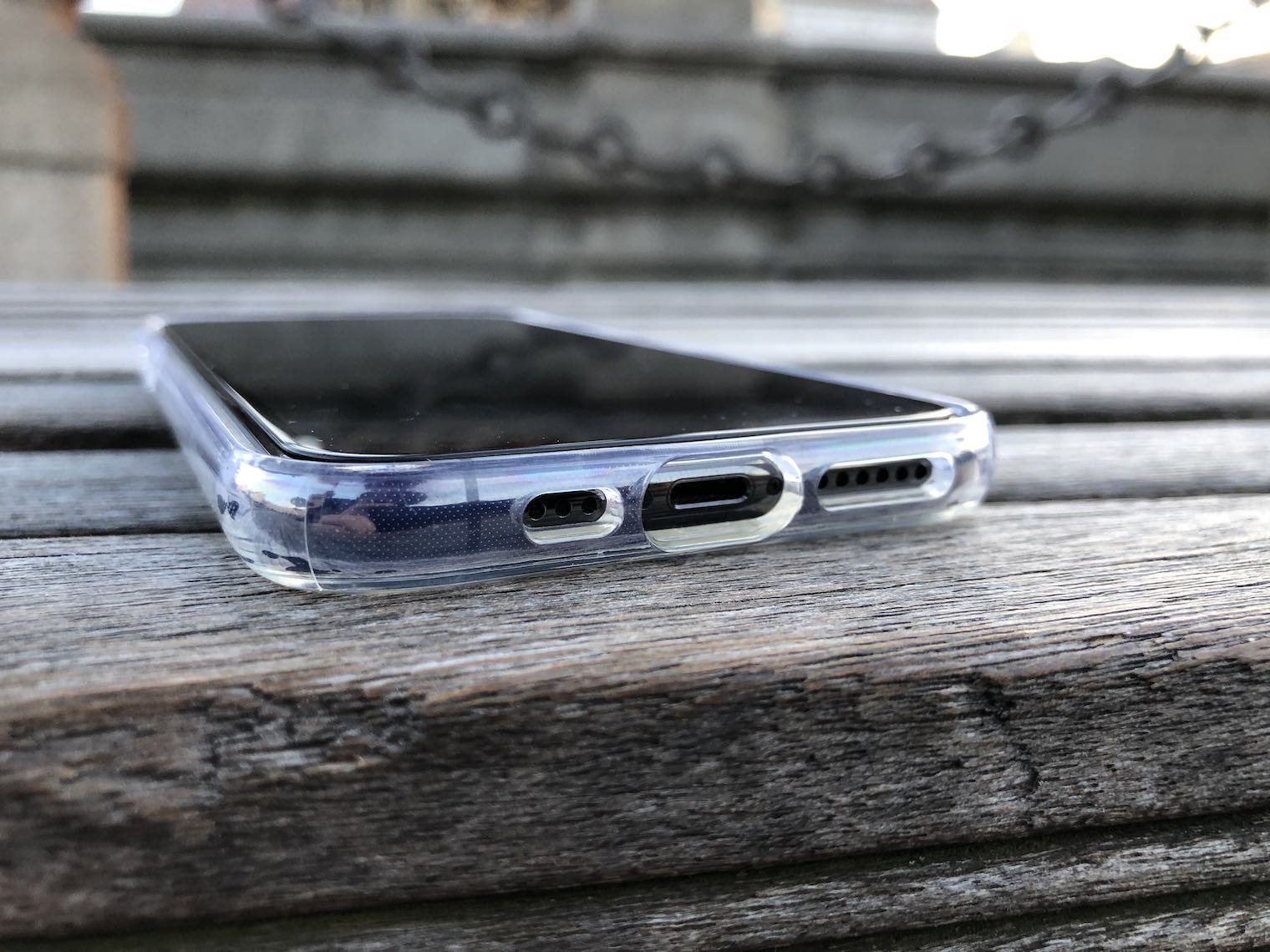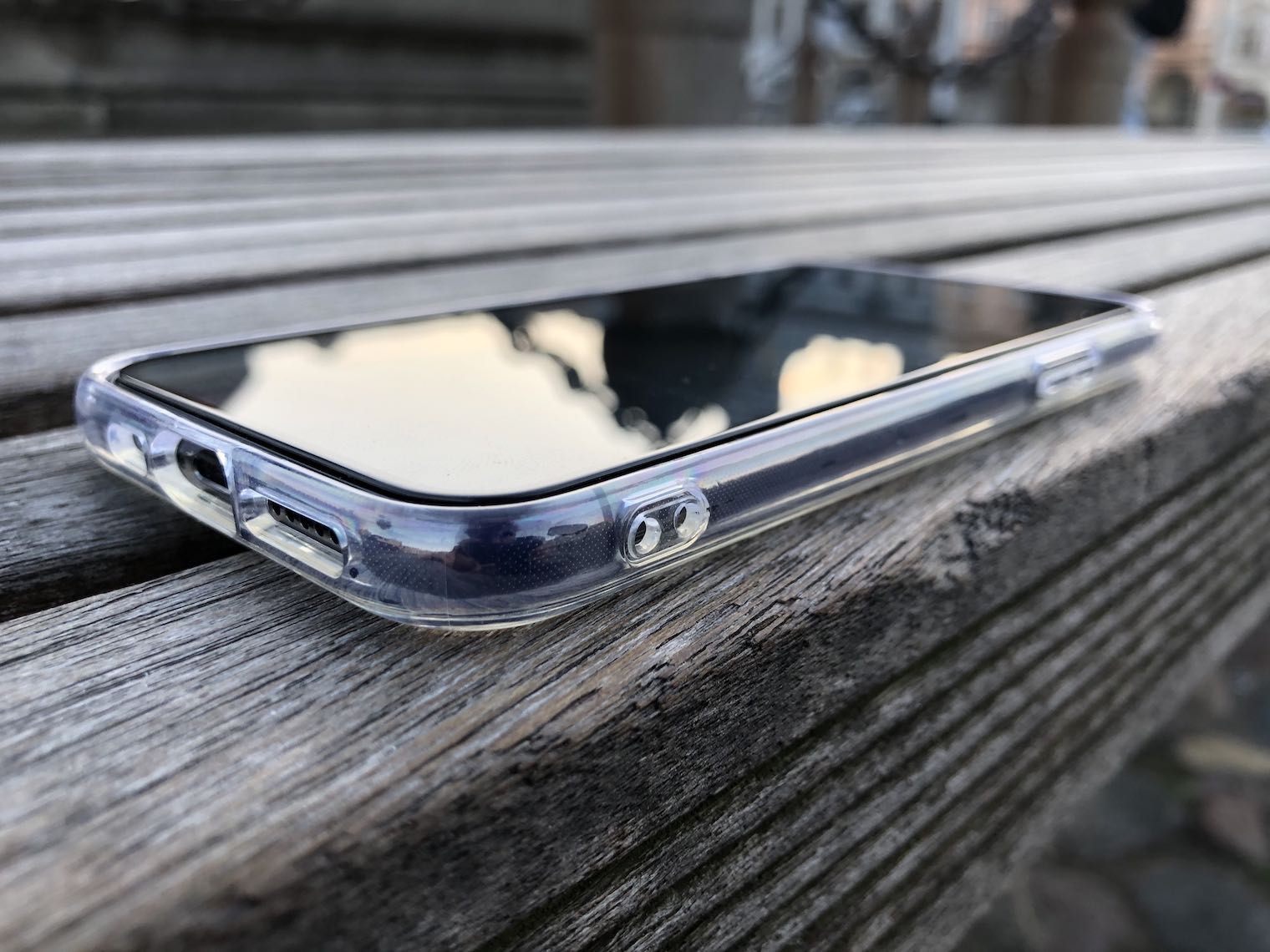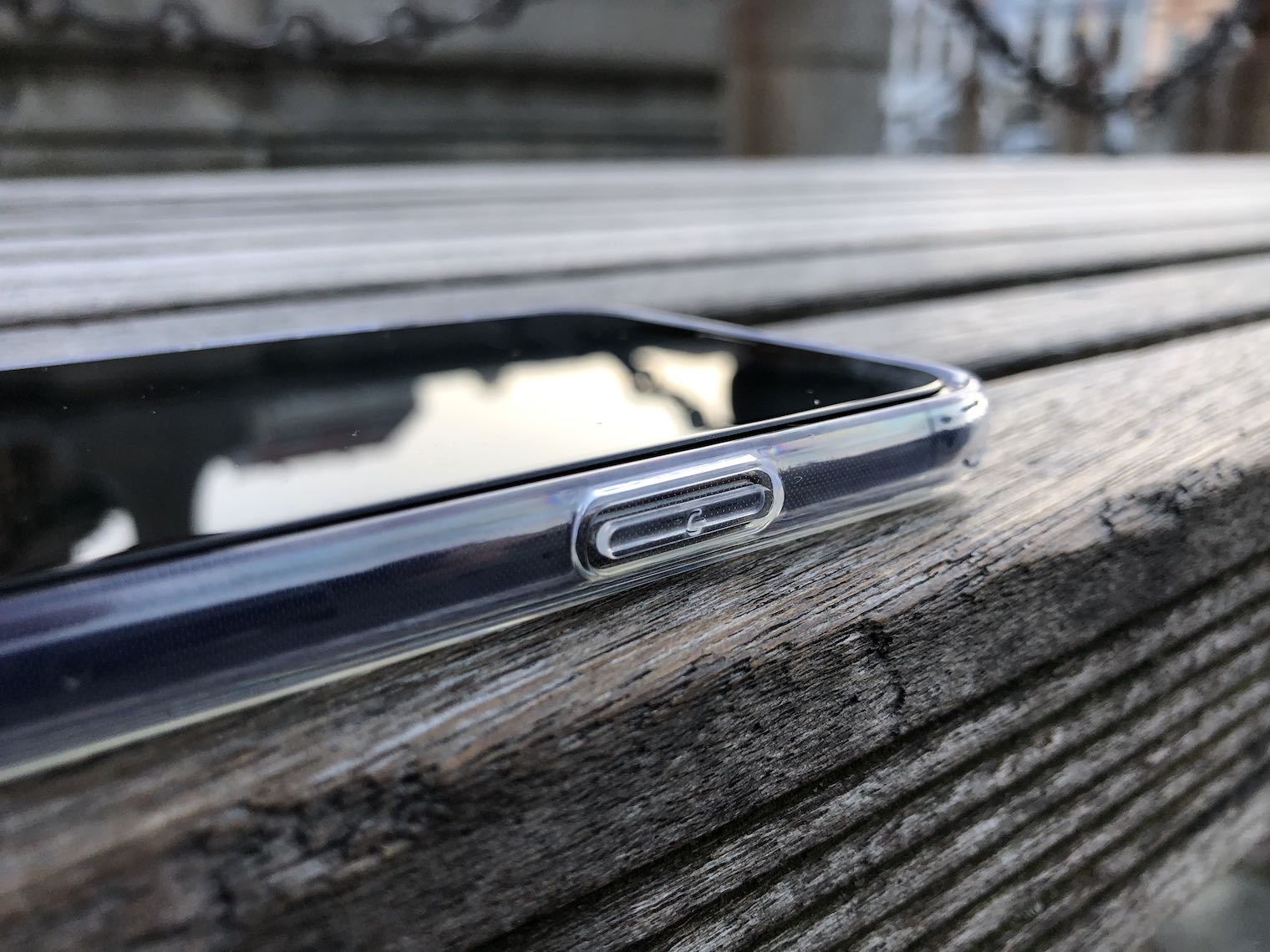Apple and its CEO Tim Cook have made several decisions in recent years that he hada prove that the company is not dependent on the iPhone and can operate, even if they start his sales stagnate one day. This has also happened, the market is saturated and, with occasional exceptions, there is only evolution, not revolution, in smartphones. Wow effect and thunderous applause that you iPhone in the past earned for a full-fledged browser, the Retina display or the design of the iPhone 4, are long gone. But that is not the case only for Apple, but also for other companies.
It could be interest you

Apple, as the manufacturer of the most famous phone in the world (if we leave aside the Nokia 3310), is aware of this and in recent years has started increasingly more focus on services that generate a steady profit without the company having to invest in them. With certain exceptions you are so the company does not have to pay extra for exclusive content -hmusic in Apple Music is created by musicians, articles in News+ by editors, and income from Pay is created by the users themselves who pay with the help of this service.
So the company does many things for to, so that she no longer seems addicted to the iPhone. Jbut the last days have shown that reality does not fully correspond to this effort. If she answered, a fresh warning to investors that the company due to the impact of the coronavirus on its production fails to comply her quarterly targets, would look different. Unlike companies that build almost exclusively on providing services (Facebook and Google), je Apple at its core apparently still a hardware company.
No matter Apple's best efforts, dthe vast majority of his profit comes from sales device, not services. It doesn't help that most of the services are only available on its devices. If Apple decided to radically change Stou concept and yetl would by some miracle produce the iPhone, or would the iPhone start significantly behind the competition, except for the most die-hard fans, many customers would go elsewhere. This would not only mean losing customers for the hardware, but also for the software and services that are on devices dependent.
Companies like Google, Facebook or Microsoft do not have this problem. You can install Office, Gmail and the largest social network on any smartphone. Likewise, you can download services on any device that offer you roughly the same (and sometimes even more) than Apple: Flipboard, Netflix, OneDrive or Google Pay, and if you don't trust the payment system from Google, several banks provide their own payment applications.
So unlike these services, if Apple's services are to grow, customers must buy iPhones. And no matter how hard Apple tries to convince investors that it is not dependent on the iPhone, the impact coronavir showed the reality of its production.
